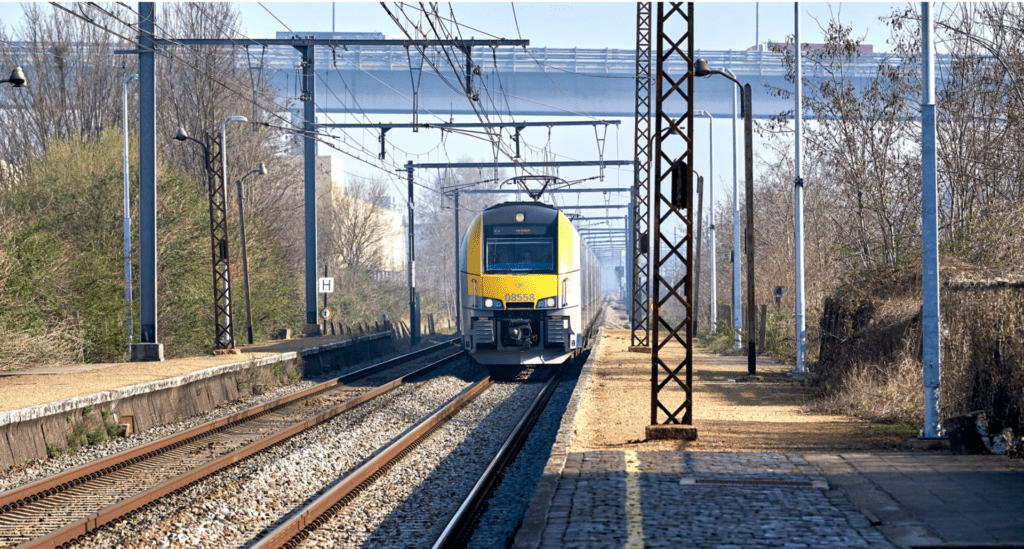Belgium is freeing up €82 million for railway companies SNCB and Infrabel, in support of the additional costs during the first half of 2022 as a result of the sky-high energy tariffs and the wage indexation, announced Federal Mobility Minister Georges Gilkinet.
Taking the train is good for the wallet, for the climate and for Belgium's energy independence from Russia, announced Gilkinet in a press release. Earlier, the government already decided to freeze the ticket prices for this year.
"Mobility is a freedom. Now that the prices at the pump are skyrocketing, I want every Belgian to be able to continue to move freely," he said.
The Federal Government is determined to make the train the backbone of future mobility, according to his cabinet. Thanks to this emergency aid, the Government wants to help the railway companies bridge this difficult period.
Related News
- Two for one: Belgian rail relaunches Duo Tickets
- Less absences, better health: Belgium sets aside €240 million to boost cycling to work
- Energy measures and increased wages: What changes on 1 April
"SNCB also offers attractive tariff formulas, such as the Duo Ticket. As a result of the decisions of this budget review, the railway companies are now receiving additional financial support to bear the additional cost of high energy prices and index jumps for employees' salaries," said Gilkinet. "This allows them to continue working in peace, for better rail mobility."
Rising energy prices not only have a severe impact on households, but also on large energy consumers such as the SNCB and Infrabel. Railway network manager Infrabel bought a total of 1470 GWh of electricity in 2020. That is roughly equivalent to the consumption of 490,000 households.
At the same time, the Belgian railway companies are one of the largest employers in the country, employing 28,000 people. The adjustment of their salaries to the cost of living, within the framework of automatic indexation, has therefore had a significant impact on the finances of these companies.
"Supporting the train is securing our future," said Gilkinet. "The train is part of the solution to meet our climate targets to reduce our CO2 emissions by -55% by 2030, to reduce the huge economic cost of traffic jams in our country, to increase road safety, but it is also becoming an additional weapon in the fight against Putin, to become less dependent on fossil fuels."

